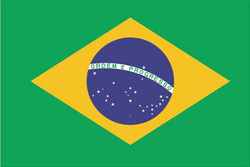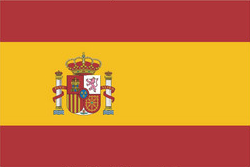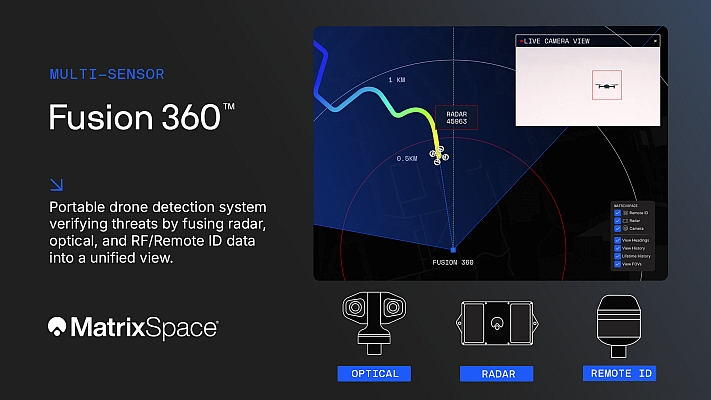The United Nations Committee of Experts on Global Geospatial Information Management (UN-GGIM) is meeting at the UN Headquarters in New York from 6-8 August 2014. The first day saw them endorsing a draft Resolution on the Global Geodetic Reference Frame (GGRF) as a mandate.
A geodetic reference frame refers to the science of very finely measuring the Earth, from its orientation in space, to its gravity field and to its shape. Since these three aspects of the planet are constantly changing, it makes it even more imperative that, globally, we have the best data possible in order to respond to everything from climate change to disaster management.
The UN-GGIM recognises that there is a growing requirement for more accurate measuring of the changing planet, down to millimetres. Such data will have enormous economic benefits since the data impacts on countries’ economies as well as their environments. At the same time, it is recognised that such improved data can only come through enhanced global co-operation.
As things currently stand, there needs to be a growing awareness that no single country can maintain the GGRF alone. Instead it requires global co-operation and contributions. The Committee of Experts is considering how to enhance intergovernmental co-operation, which will lead to geospatial data interoperability.
Equally, the ‘best efforts’ principle currently in place will not be sufficient for the future. There need to be mutual global efforts working under the umbrella and mandates of overarching structures like the United Nations.
Mr Rajendra Pachauri, Chairman of the Intergovernmental Panel on Climate Change, gave his support to the work of the UN-GGIM and the GGRF Working Group at a recent climate symposium in Ny-Ålesund, Sweden; “their work is making a vital contribution to our understanding of climate change” (http://globalgovernmentforum.us8.list-manage.com/track/click?u=e8ffd2225905be72a9c90389e&id=98aa384818&e=2d396607a5).
Already some countries are collecting data as part of the GGRF and are making that data freely available. The UN-GGIM hopes that more Member States can work towards more open sharing of geodetic data, standards and conventions.
Location-based services, based on for example the Global Positioning System (GPS), are becoming an expected fundamental requirement in many Member States, along with things like power and water. These all depend on a robust GGRF. It is therefore imperative for economic and environmental stability that there is a robust, highly accurate and easily accessed GGRF for the whole planet.
The GGRF Working Group provides updates and important best practice case studies in a newsletter available online at the UN-GGIM website.
The draft Resolution will now pass to the Economic and Social Council (ECOSOC), UN-GGIM’s parent body and the United Nations’ central platform for reflection, debate, and innovative thinking on sustainable development. The intent is for ECOSOC to then refer the Resolution to the General Assembly later in the year.
The Fourth Session of the United Nations Committee of Experts on Global Geospatial Information Management (UN-GGIM) live and on-demand, available on UN Web TV website at: http://globalgovernmentforum.us8.list-manage.com/track/click?u=e8ffd2225905be72a9c90389e&id=6a52a591be&e=2d396607a5.
For additional information on the fourth session, including the agenda and technical reports, please visit: http://ggim.un.org/ggim_committee.html.
Source: Geo Community









